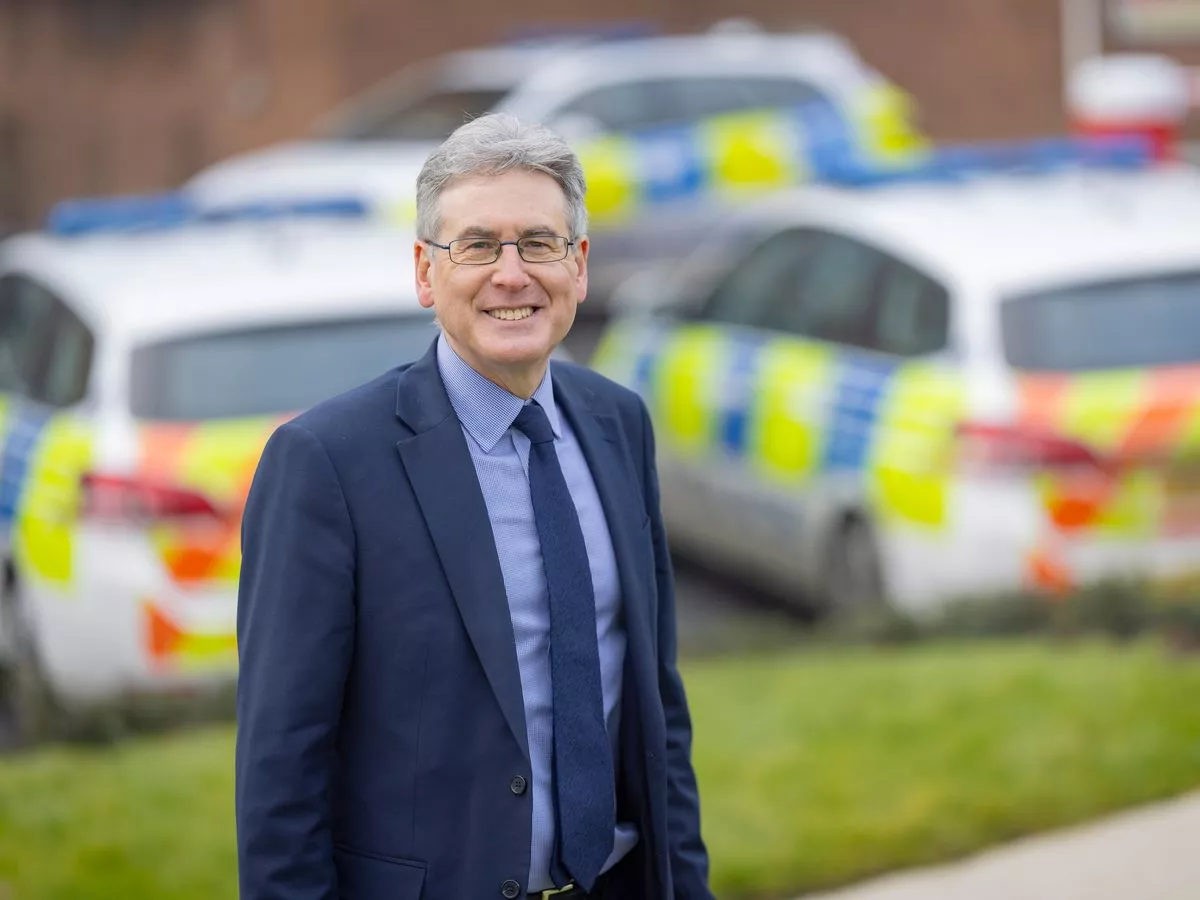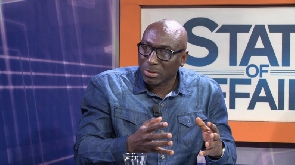Copyright birminghammail

West Midlands crime chief Simon Foster has described claims that a crackdown on poor driving and speeding amounts to a 'war on motorists' as 'nonsense' and 'irresponsible'. Mr Foster, who oversees the region's police force and helps set its priorities, has encouraged more enforcement action by officers against motorists who flout driving laws. As a result, the number of fines and prosecutions has nearly tripled in a year, with around 5,000 motorists a week now being hit with fines or court summons. READ MORE: Calls for tougher laws on 'ghost plates' as West Midlands police boss says 'Parliament needs to act' He said the startling increase was testimony to the combined efforts by the police, the mayoralty, specialist officers, councils, National Highways, roads charities and families, all determined to turn the dial on deaths and serious injuries and the impact of anti-social driving. Every instance of death or serious injury on our roads has 'catastrophic, devastating impacts' on victims and their families, said Mr Foster. "I could not possibly begin to understand how desperately sad it would be to undergo that experience and I would not want anyone to experience that," he added. That was a key factor behind efforts to improve safety, he said. READ MORE: Massive crackdown on bad drivers in West Midlands as prosecutions triple So it was 'frustrating' when some groups and individuals, including politicians, framed any activity to slow down motorists, introduce new measures or target offenders that as a 'war on motorists'. Responses to the news of more prosecutions in the West Midlands have been largely welcomed by residents, but some claim police are using motorists as a 'cash cow' and deliberately targeting them over 'minor infringements'. While former PM Rishi Sunak famously described moves to reduce speeds and introduce more Low Traffic Neighbourhoods as a 'war on motorists'. "I have absolutely no truck with that narrative whatsoever. I think it's a perfect piece of nonsense," said Mr Foster. "To frame us prioritizing road safety so that we are reducing the number of people who are killed and seriously injured as a 'war on motorists' is inexcusable, inexplicable, irresponsible, and it's unacceptable. "At the end of the day, the bottom line here is we have the rule of law and Parliament in its wisdom has framed those rules, and those rules apply as equally to all of us who are road users as they do in any other walk of life. "To suggest that in some way enforcing those laws is a war on motorists is utterly beyond me." He said those who held those views might change their mind if they spoke to families left aggrieved by loss. Mr Foster spoke to BirminghamLive to back our road safety campaigning work, including a call for long and ideally lifetime bans on drivers who maim and kill. He praised our efforts to amplify the voices of families and victims. Mr Foster chairs the West Midlands Road Safety Strategic Group, set up to bring all partners together on a united mission on road safety. Among its commitments are: * Halve the number of people killed and seriously injured on our roads by 2030 * Get to zero avoidable deaths and serious injuries by 2040. The regional masterplan, agreed with the chief constable, has already seen more police resources go into the force's road crime, road harm prevention, 24/7 interceptor and camera enforcement teams, he said. "This includes a significant increase in enforcement and in particular, regarding the Fatal 4 - excess speed, drink and drug driving, use of digital devices and failing to wear a seat belt." He said the force had been hit by massive cuts to its budget and officer numbers through austerity, and as a result spending to prevent and tackle road crime had been slashed. "Those cuts undoubtedly contributed to a rise in crime and anti-social behaviour on our roads. We still have about 700 fewer police officers and 500 fewer PCSOs than in 2010, and add to that we have a funding regime that disadvantages West Midlands Police by around £40m - the equivalent of 800 police officers. "Plainly, as night follows day, that will impact on visibility, presence, response times and the ability to prevent and tackle crime and investigate crime levels." But he said the force was determined to do more - and said the efforts of campaigning groups and bereaved families had definitely forced change. "Nobody should ever underestimate the impact of vocal campaigning by families and support organisations - groups like Roadpeace and Better Streets for Birmingham , they have had a huge part in moving the dial." West Midlands Chief Constable Craig Guildford has vowed to target the worst motorists across the region, with thousands of drivers a week now being snared, with the help of the public. Among the initiatives under way: Every time a motorist gets behind the wheel they are responsible for a potential weapon that can do real harm, he said. "Each and every one of us needs to accept personal responsibility and be mindful of the duty of care we owe to other road users," he said. In the first half of 2024, there were 575 people killed or seriously injured on West Midlands roads. While this fell considerably in the first half of 2025, numbers are beginning to go up again, with a spate of high profile deaths and serious collisions through August, September and October. The commissioner is also lobbying for other measures, some of which might appear in a road safety strategy currently being worked up by the Government. Among his other ambitions are



